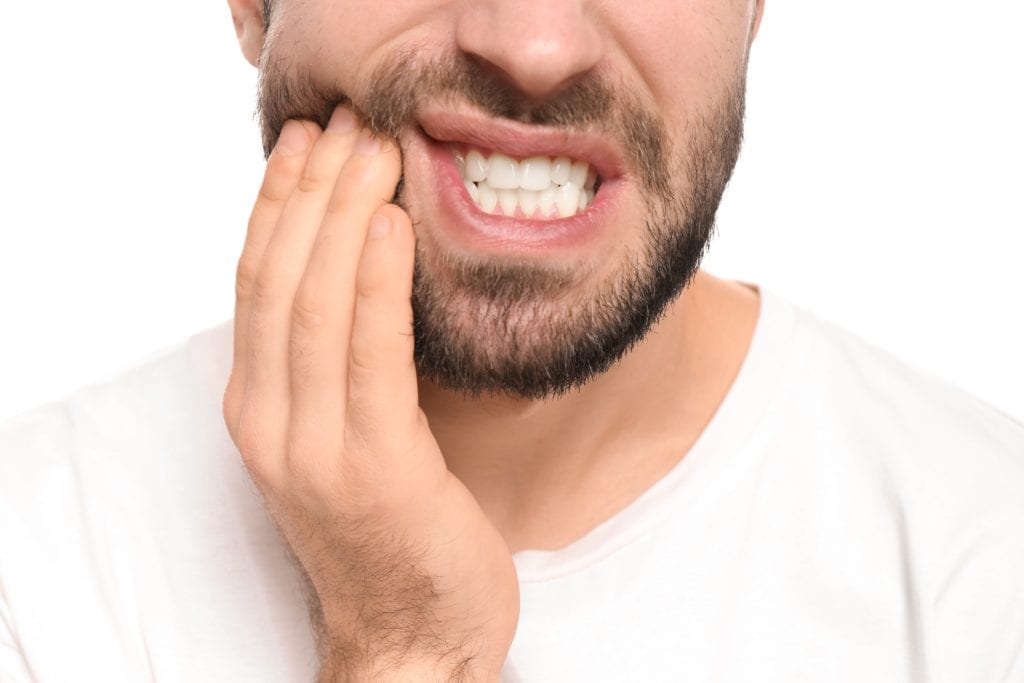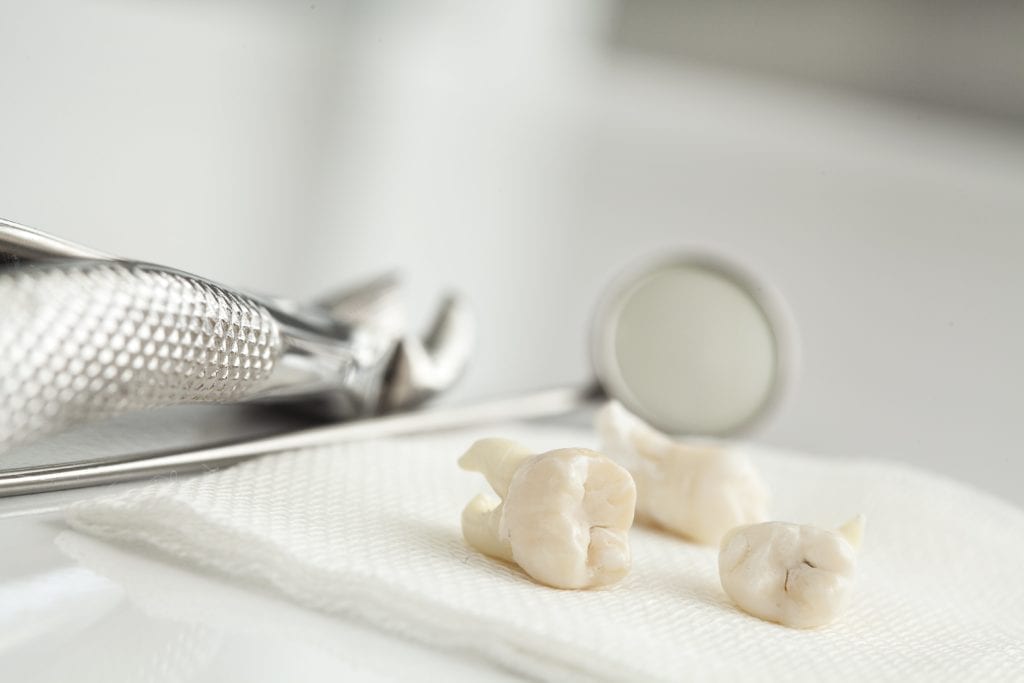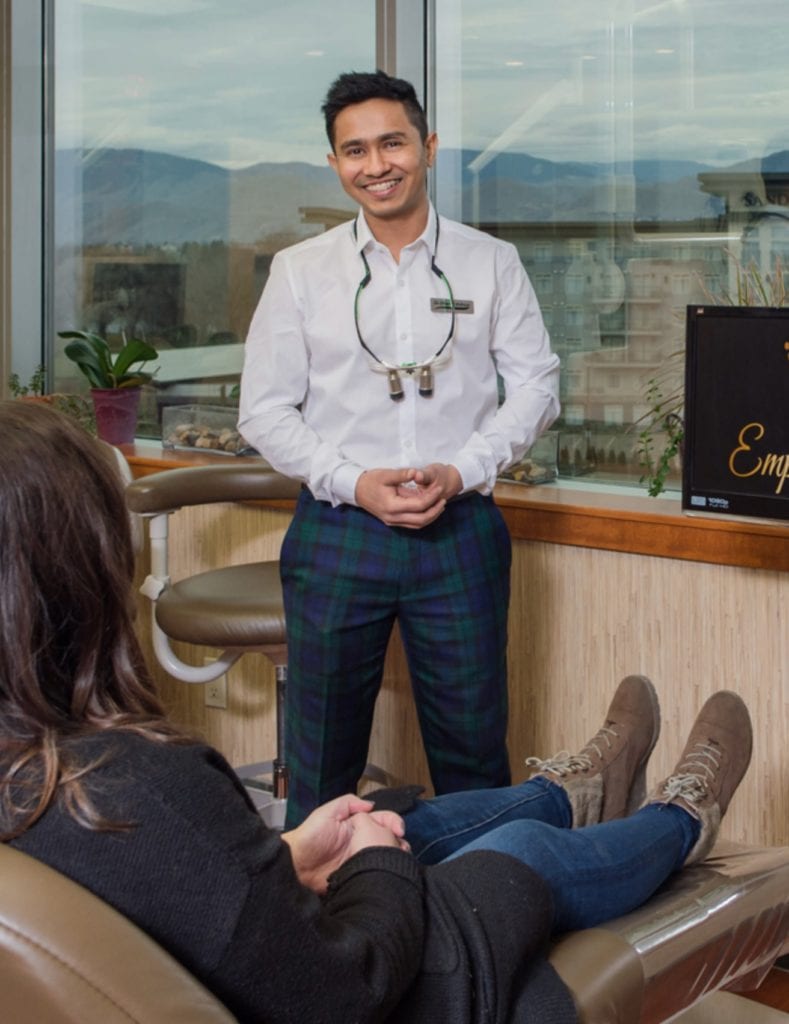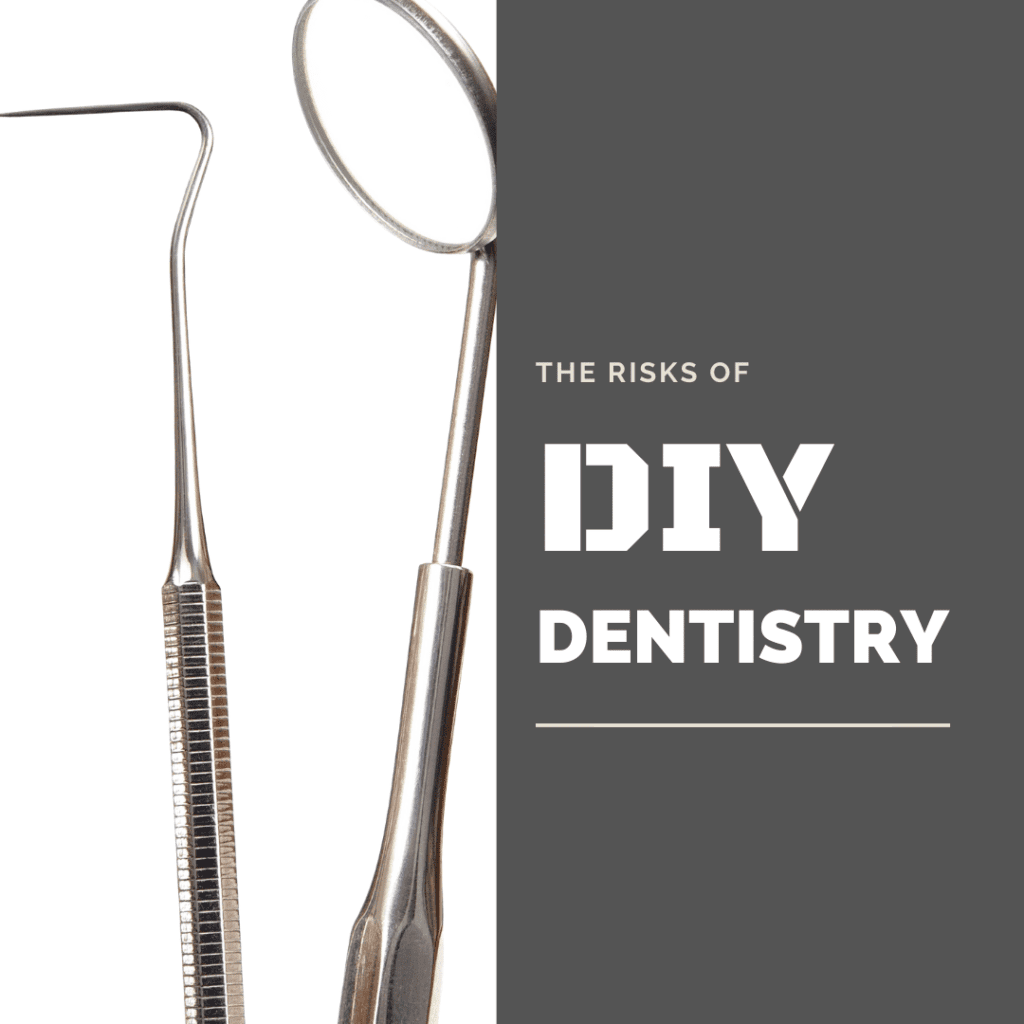Doing something yourself elicits a sense of pride and accomplishment. In fact, this is one main reason why the DIY movement has become so popular in the last few years. However, there are some things that you should not do yourself because they are simply too dangerous for someone who is not experienced. Of course, dentistry is one of these things.
Although people have been experimenting with DIY dentistry for years, people’s interest peaked when COVID-19 forced businesses and dental offices to temporarily close or limit services. Even though things are opening up and somewhat returning to normal, some people are still avoiding regular dental appointments for fear of contracting the virus. Unfortunately, this can lead to DIY dental practices that may be potentially hazardous. Here are a few examples of DIY dentistry and how it can have a lasting impact on your oral health:
DIY Tooth Repair

Chipping a tooth happens more than you would think and it can be tempting to just skip a dental appointment and try to fix it on your own. The most common DIY method for fixing a chipped tooth is to use a nail file to file the tooth back to its proper shape. While this sounds like a simple approach, it can cause many problems. For starters, filing the tooth can either damage or remove the protective enamel layer. Damaged enamel makes your teeth more susceptible to decay and tooth sensitivity. In cases where the enamel is removed entirely, bacteria may be able to enter the tooth and cause a pulp infection. Filing your teeth can also change their size, which could make your bite uneven and cause jaw problems later in life.
DIY Fillings
Just as you should never try to fix a damaged tooth on your own, you should also never attempt to fill a cavity on your own. Some people will try to clean out their cavities and then fill them with temporary filling materials. Attempting to clean out a cavity on your own can damage the surrounding tooth structure and increase the risk of infection. Using temporary filling materials is also problematic because they don’t last and can allow the decay to continue. Finally, some people will also use other types of harmful materials in an attempt to fill their cavities. One example of this was a patient who filled his cavity using automotive adhesive. In doing so, his tooth ended up being extracted.
DIY Mouthguards

Mouthguards are often prescribed to patients who play sports or grind their teeth at night in order to protect the teeth from becoming damaged. When they are used for teeth grinding, they are referred to as night guards. In order to effectively protect the teeth while also preserving the bite and minimizing grinding, night guards need to fit properly. While over the counter night guards may say that one size fits all or that boil and bite mouthguards are custom, this is not the case. In fact, over the counter night guards generally do not fit properly and end up causing more jaw pain as a result of shifts in the teeth and/or bite.
DIY Extractions
You should never, ever try to extract a tooth on your own no matter how much it hurts or how loose it is. Extreme tooth pain and/or an extremely loose tooth are both dental emergencies that our office can accommodate in a timely fashion. Self-extractions often result in a variety of complications such as damage to the surrounding area, infection, or damage to the underlying jawbone. Not to mention, they hurt and can cause excessive bleeding.

Dr. Admar holds dual certificates — a Bachelor of Dental Surgery (BDS) in 2010 from India and a Doctor of Dental Surgery (DDS) in 2014 from Canada. He is now a full time practicing dentist in Kamloops where he provides a variety of services, including emergency dentistry. Dr. Admar spends hundreds of hours in continued dental education to stay up to date in cosmetic and implant dentistry and he has achieved several advanced qualifications.


